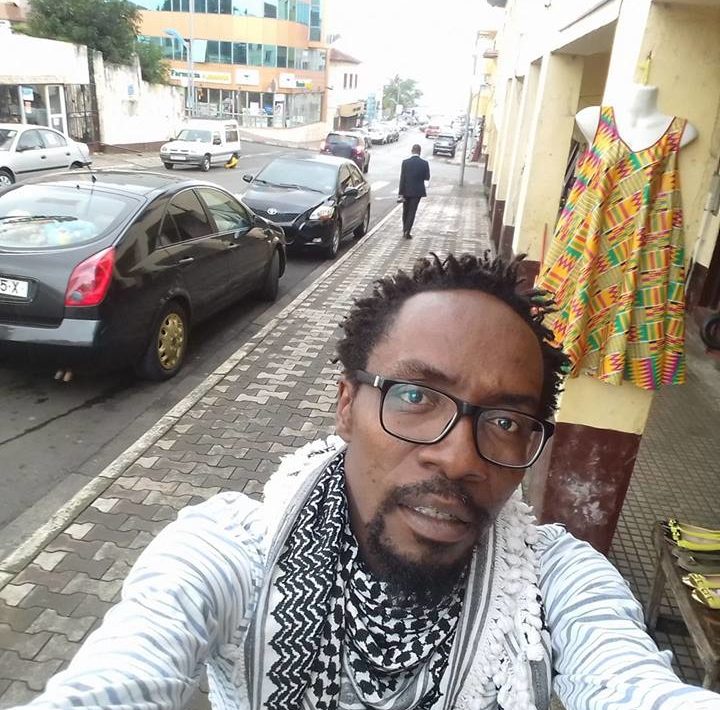Authorities in Equatorial Guinea must immediately and unconditionally release a cartoonist critical who has now spent two months in jail for criticising human rights violations in the country, Amnesty International said today.
Ramón Esono Ebalé was arrested on 16 September 2017 in the capital Malabo. Although the law in Equatorial Guinea says a suspect cannot be detained for more than 72 hours without charge, Esono has been detained for two months but has not been formally charged. Prosecutors say witnesses have accused him of heading an organisation involved in money laundering and counterfeiting – accusations he categorically denies.
In this latest example of arbitrary arrest and detention, the authorities in Equatorial Guinea have levelled baseless accusations against Ramón Esono Ebalé, who was simply enjoying his right to freedom of expression through his art
Marta Colomer, Amnesty International West Africa campaigner
“In this latest example of arbitrary arrest and detention, the authorities in Equatorial Guinea have levelled baseless accusations against Ramón Esono Ebalé, who was simply enjoying his right to freedom of expression through his art,” said Marta Colomer, Amnesty International West Africa campaigner.
“Ramón is a prisoner of conscience who has been languishing in jail for 60 days, detained solely for his peaceful activism. He must be immediately and unconditionally released.”
The court has yet to respond to a request submitted by Ramón’s lawyers on October 9 to cross-examine the prosecution’s witnesses. Ramón’s lawyers believe there will be no case against him once they prove that the witnesses are giving false testimony but fear the authorities are using delaying tactics to keep him in prison.
If the court does not respond to their submission by 30 November, the end of the judicial year in Equatorial Guinea, then Ramón could remain in prison until at least 16 January.
Ramón’s wife Eloísa Vaello Marco who is abroad, told Amnesty International:
“Ramón uses his drawings to satirize the government of Equatorial Guinea and denounce things that he considers to be unjust. He does it through a smart sense of humour from the bottom of his heart. His tools are images, drawings, video, illustrations and animations.”
Upset about the lack of contact with her husband since his arrest, Eloísa added:
“This hurts me a lot. Since he is in prison I have just been able to talk to him once. It was when he had his hearing in Court. There were just a few words. Since then, communications with him have not been possible, but I try to send him messages of strength and confidence through his sisters, to whom I talk every day.”
Ramón’s family in Malabo can visit him in prison. They told Amnesty International that he is in good health, his spirits are high and he is being allowed to continue drawing.
One of Ramón’s sisters, told Amnesty International:
“There are moments of sadness but we try to keep strong. His 17-year-old son, who is with us here, started crying the first time he visited him in jail. We all believe that my brother doesn’t do counterfeiting. This is just a false accusation and that has been very clear since the first day of his arrest.”
His 17-year-old son, who is with us here, started crying the first time he visited him in jail. We all believe that my brother doesn’t do counterfeiting,
Ramón’s sister
On 2 November, the Cartoonists Rights Network International announced that Ramón had been awarded the 2017 Award for Courage in Editorial Cartooning. This is an annual award given to cartoonists who have exhibited great courage and self-sacrifice in the pursuit of their craft and in the exercise of free speech.
“We have witnessed the use of arbitrary arrests and detention to try and silence dissenting voices in Equatorial Guinea for many years’,” said Marta Colomer.
“These practices should be brought to an end, and the release of Ramón Esono Ebalé would be a welcome starting point.”


